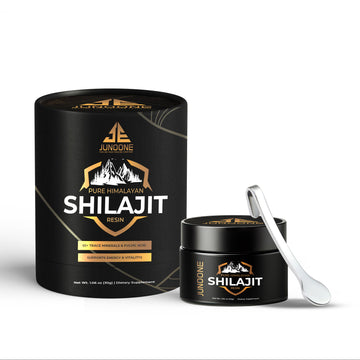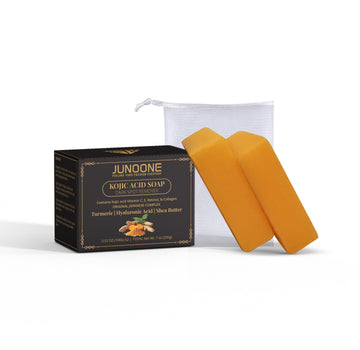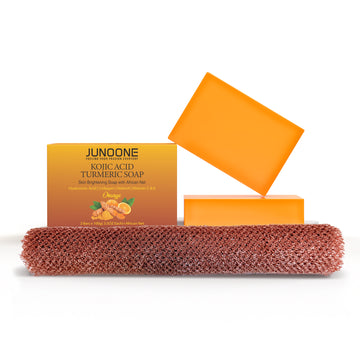When people talk about wellness, they often focus on diet, exercise, or sleep. But there’s another powerful player that ties all of these together: your gut. More than just a place where food is digested, the gut is home to trillions of microbes that communicate with your brain, skin, immune system, and even your hormones.
Modern research is confirming what traditional practices have long suggested — gut health plays a central role in how we feel, function, and age.
Gut and the Brain: Stress, Mood, and Clarity
Did you know that nearly 90% of serotonin, the “feel-good” neurotransmitter, is produced in the gut? Scientists call this connection the gut-brain axis, and it’s why an imbalanced microbiome can influence stress, anxiety, and mood regulation (Merlo et al., 2024; Mörkl et al., 2023). Emerging research also shows that probiotics, diet, and micronutrients can help shape this gut-brain link, offering support for mental clarity and resilience (Plunkett, 2024).
Gut and the Skin: The Inside-Out Glow
That breakout on your skin might be linked to what’s happening inside your gut. Researchers now talk about the gut-skin axis, where microbial imbalances are associated with conditions like acne, eczema, and psoriasis (De Pessemier et al., 2021; Jimenez-Sanchez et al., 2025). Supporting gut balance through nutrition may help calm inflammation that shows up on the skin’s surface.
Gut and Immunity: Your First Line of Defense
Around 70% of immune cells live in the gut. This close connection explains why diet and microbiome diversity are so essential for a strong immune system (Wiertsema et al., 2021). A healthy gut not only helps the body defend against pathogens but also teaches the immune system to react appropriately, reducing the risk of overactive responses.
Gut and Metabolism: Energy, Weight, and Balance
The microbiome doesn’t just digest food — it also helps regulate metabolism and energy absorption. Research shows strong links between gut microbes, obesity, and type 2 diabetes (Cunningham et al., 2021; Corbin et al., 2025). In other words, the state of your gut can affect how efficiently your body uses calories and maintains blood sugar balance.
Lifestyle Choices that Shape Gut Health
Food and lifestyle play a direct role in shaping the gut environment. Diets high in ultra-processed foods can disrupt microbial balance, while diets rich in plant-based foods support a more diverse and resilient microbiome (Joshi et al., 2025; O’Keefe, 2019). Stress management, exercise, and adequate sleep are equally important factors in protecting this delicate ecosystem.
The Takeaway
Your gut is much more than a digestive organ — it’s a hub for immunity, mood, energy, and skin health. By nourishing your microbiome with whole foods, mindful lifestyle choices, and targeted supplements when needed, you’re investing in whole-body wellness.
Think of your gut as the foundation: when it’s balanced, everything else — from your energy levels to your resilience — has a better chance to thrive.
“At Junoone, we design our formulas with your gut in mind — because balance within means strength, vitality, and glow on the outside.”







 Be The First To Know About new Products, Exclusive offers, and much more.
Be The First To Know About new Products, Exclusive offers, and much more.